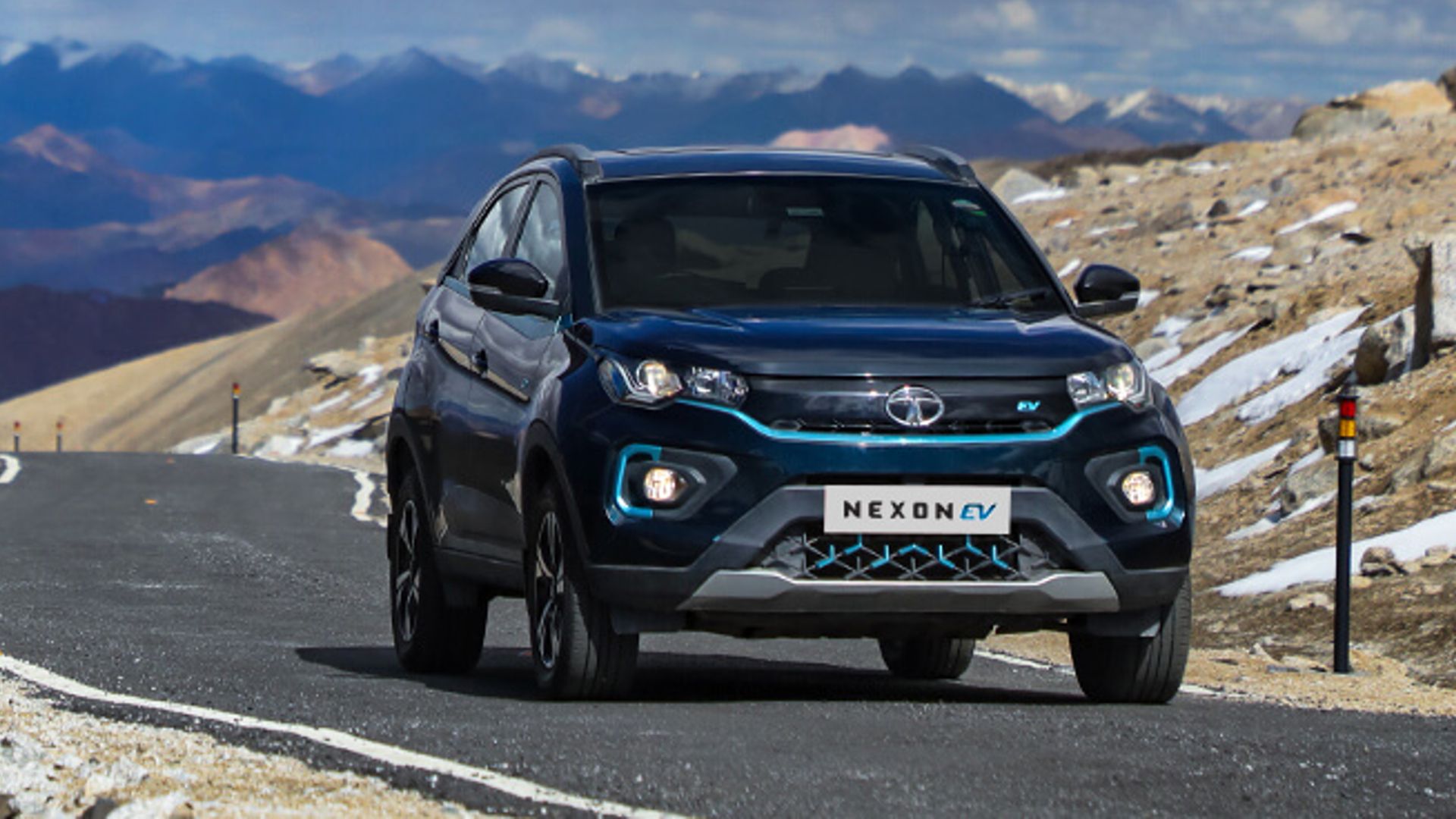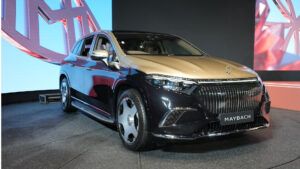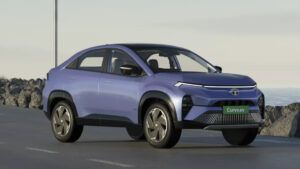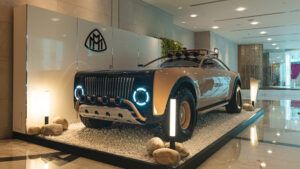In case you still have range anxiety about using electric vehicles, it is high time you get over it. A new record made by India’s very own electric SUV – the Tata Nexon EV, proves this as a myth. The electric Tata Nexon has managed to travel from India’s one end to the other in under 4 days. The record is now official in the India Book of Records as the “Fastest” by any EV to date.
In fact, Tata Motors is the first to even attempt such a record. The achievement comes as a testimony to the capability of the electric car to take cross-state trips with ease. What makes this more believable is the time in which the Nexon EV completed the journey from Kashmir to Kanyakumari. As per the record by the India Book of Records, the EV covered 4003km in 95 hours and 46 minutes. This equates to a continuous drive of less than 4 days.
Tata Nexon EV: Kashmir to Kanyakumari in Numbers
The associated figures achieved by the Tata Nexon EV during the drive are even more impressive. The Nexon EV delivered an average range of over 300km through its run. It stopped a total of 21 times for charging at fast charging stations. This took 28 hours in total but saved massively on fuel costs as compared to a petrol/ diesel car. In addition to the fastest drive of its kind, the Nexon EV created 23 additional records during this attempt.
The important thing to note here is that the EV was able to find fast charging stations at regular intervals in order for this drive to be possible. As Shailesh Chandra, MD, Tata Passenger Electric Mobility Ltd pointed out, “There was a fast charging station at regular intervals, between 75kms -100kms, which itself is a great feat for India’s EV ecosystem.”
This is proof that Indian Highways now have fast charging stations making them practical for inter-state drives in EVs. Hence, gone are the days when the thought of owning an electric vehicle used to spark range anxiety among people. This also proves that the next era of mobility will largely focus on electric vehicles in India.








